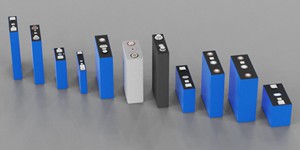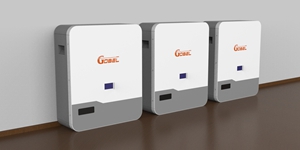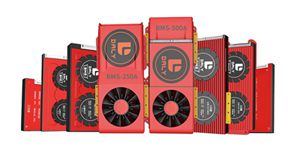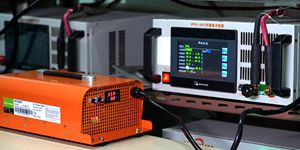WHAT ARE LITHIUM BATTERIES?
By Kelly posted 2021-12-18 11:04:04Lithium batteries are rechargeable batteries in which lithium ions move from the anode to the cathode during discharging and back when charging. They are popular batteries for use in consumer electronics because they provide high energy density, possess no memory effect and have a slow loss of charge when not in use. These batteries come in a wide variety of shapes and sizes. Compared to lead-acid batteries, Lithium batteries are lighter and provide a higher open circuit voltage, which allows for power transfer at lower currents. These batteries have the following characteristics:
Features of Ionic Lithium Deep Cycle Batteries:
Light weight, up to 80% less than a conventional, comparable energy storage lead-acid battery.
Lasts 300-400% longer than lead-acid.
Lower shelf discharge rate (2% vs. 5-8% /month).
Drop-in replacement for your OEM battery.
Expected 8-10 years of battery life.
No explosive gasses during charging, no acid spills.
Environmentally friendly, no lead or heavy metals.
Safe to operate!
The term “Lithium-ion” battery is a general term. There are many different chemistries for lithium-ion batteries including LiCoO2 (cylindrical cell), LiPo, and LiFePO4 (cylindrical/prismatic cell). Ionic mostly focuses on designing, manufacturing and marketing LiFePO4 batteries for its starter and deep cycle batteries.









